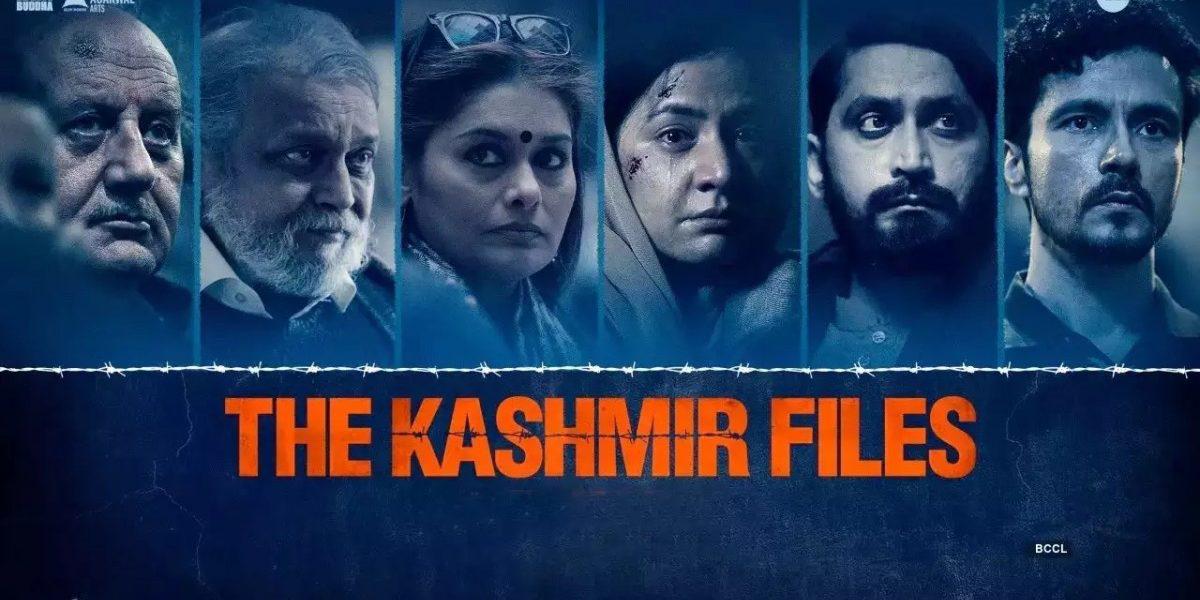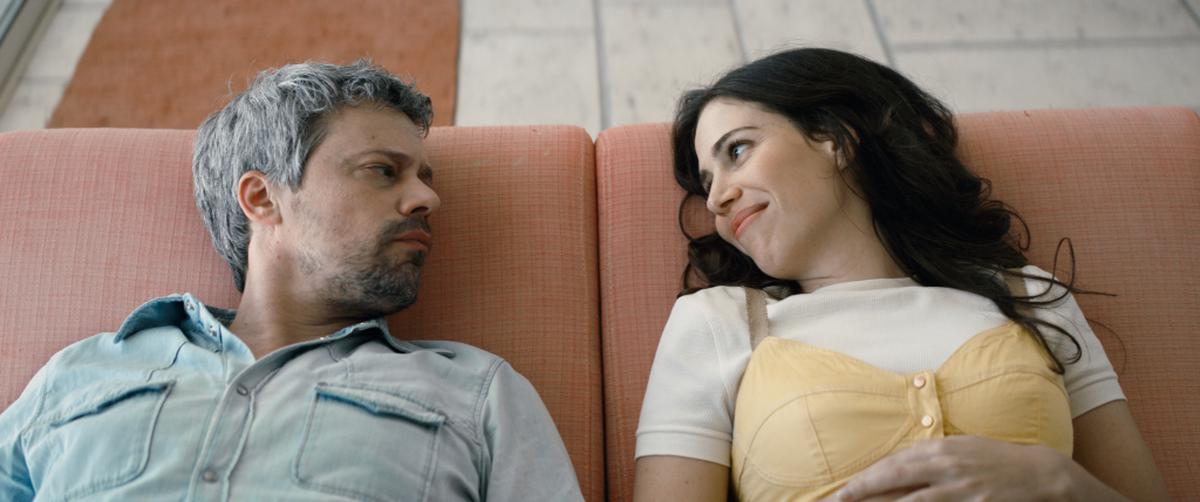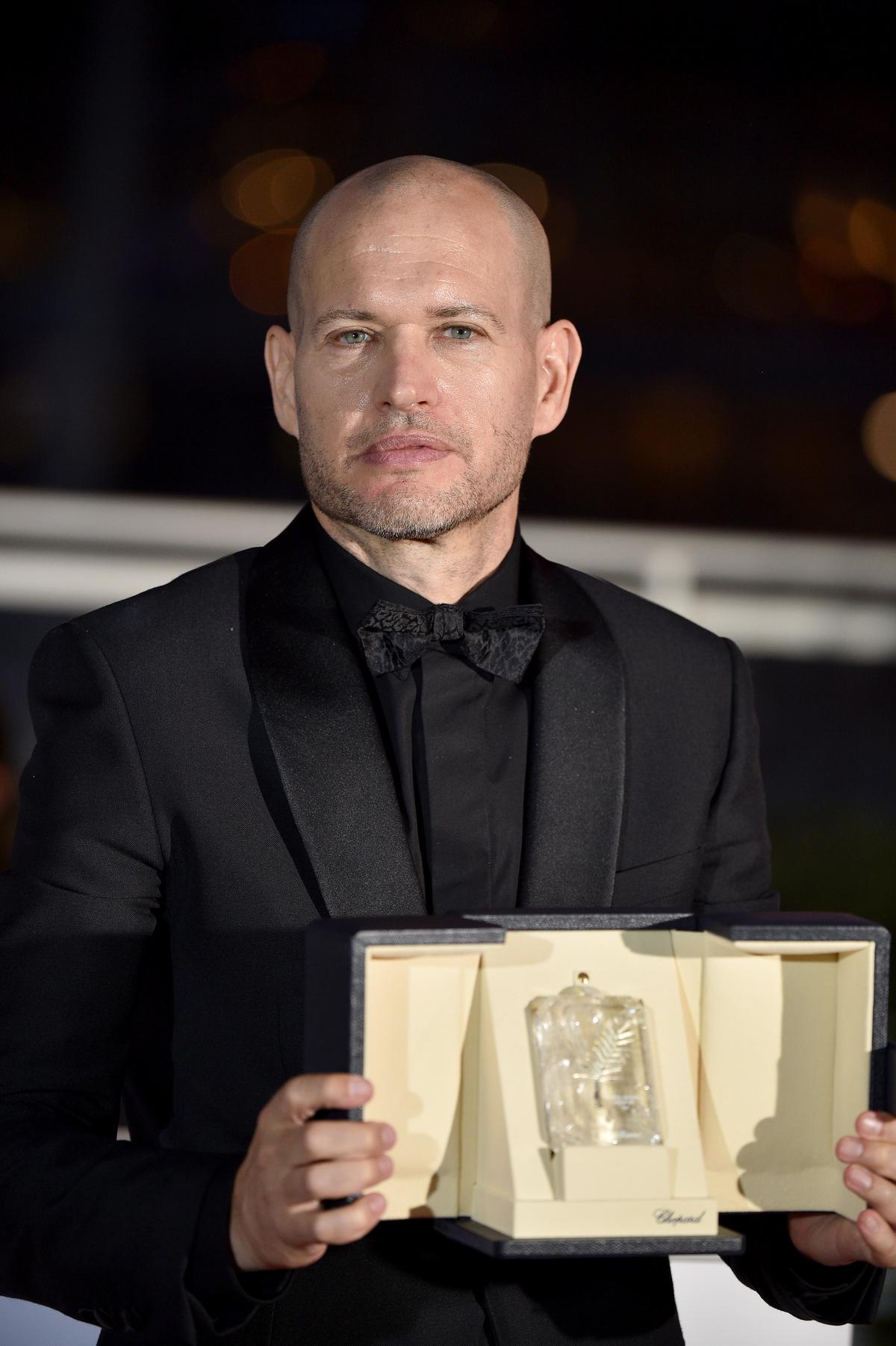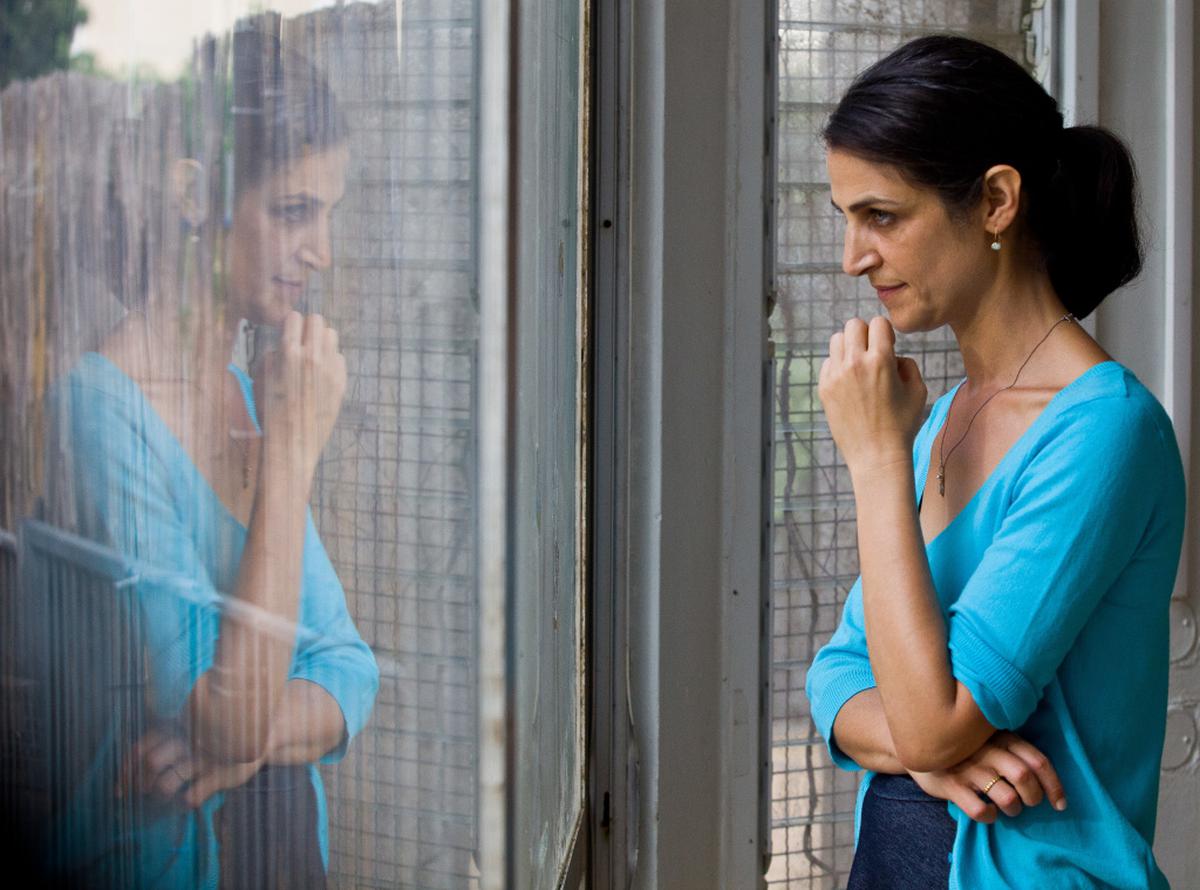IFFI 2022 jury head Nadav Lapid controversy The Kashmir Files says he would hate to be patted on the back by politicians “who praise my work”
He came. He saw. He set the cat among the pigeons. Ten days on, the flutter that he caused hasn’t stopped. Israeli writer-director Nadav Lapid has continued to stoutly defend his dismissal of Hindi film The Kashmir Files as “vulgar”, “propagandist” and unworthy of a shot at the Golden Peacock, the International Film Festival of India’s (IFFI) top prize.

‘The Kashmir Files’ (2022) directed by Vivek Agnihotri was panned by Nadav Lapid during the closing ceremony of IFFI 2022 for being a “vulgar and propaganda” movie.
“I would have been terrified if someone had done such a movie on the tragedy of the Jewish people. It would be totally disrespectful. Serious topics demand serious movies,” Lapid, 47, said in an interview from his Paris home, hours after returning from Goa, where he presided over the five-member competition jury of the 53 rd edition of IFFI.
One avoidable upshot of Lapid’s broadside at The Kashmir Files: this year’s IFFI winners have been edged out of the Indian media radar. How many of us know that the coming-of-age drama I Have Electric Dreams, Belgium-based Costa Rican director Valentina Maurel’s debut, won the Golden Peacock, or that Iranian filmmaker Nader Saeivar bagged the best director prize for his second feature No End, which examines the machinations of his country’s secret police?
That obviously isn’t Lapid’s fault. His decision to call out The Kashmir Files is of a piece with his proven creative credo. The films that Lapid has made thus far, particularly his last two, demonstrate that he does not ever shy away from confronting the elephant in the room.
In Synonyms, which won the Berlin Film Festival’s Golden Bear in 2019, and Ahed’s Knee, Cannes Jury prize winner in 2021, Lapid questions the notions of nationalism, Israeli identity and governmental overreach.
In conflict with the government
Nadav Lapid directing ‘Synonyms’, which won the Berlin Film Festival’s Golden Bear in 2019.
He is no stranger, therefore, to controversy in his own country. “I am in permanent conflict with the Israeli government,” he says. When Synonyms won at Berlin, the then Israeli culture minister in Benjamin Netanyahu’s Cabinet, Miri Regev, tweeted: “Haven’t seen the film, happy for the achievement, but I should still check if it fits the Israeli law.”
“I’m not a very political person,” says Lapid. “That might sound strange coming from someone who makes the films that I make, someone who also finds himself in the eye of a storm every two years somewhere or the other in the world.”
“I like dealing with ideas not because they are right or wrong but because they are burning. People burn for their ideas (and that is what draws me),” he says.
“I make critical films not because it is an agenda. I make critical films because when you are intimate with a certain place, the smallest hill looks like a mountain. I am emotional about Israel because I am intimate with it. I would be really worried if I were in a different position (than the one I am in today).”

A still from Lapid’s ‘Ahed’s Knee’, which won the Cannes Jury prize in 2021.
He would hate to be patted on the back by Prime Ministers or to sit surrounded by politicians “who praise my work”, asserts Lapid. Ahed’s Knee, his latest, directs sharp barbs at all repressive regimes through the self-reflexive story of a filmmaker who travels to a desert town for a screening of one of his earlier films and is told by his host to sign an official undertaking that he will avoid inconvenient topics in his interaction with the audience.
“It is best for an artist to be alone,” he says. “In the history of art, government’s pets have never become important artists. Art is a way of expressing unpopular and subversive ideas, of articulating the concerns of those that are weak. When you make a film like The Kashmir Files, you get kisses and hugs from those that are dominant and powerful. I wouldn’t be very proud of it.”
In Ahed’s Knee (a film that plays out over half a day and has only 17 scenes), the protagonist, simply called Y, launches a verbal attack on the culture ministry because “its sole aim is to reduce the soul to impotence and incompetence so it collapses under the state’s oppression”.
‘Cinema must arouse all the senses and feelings’

Nadav Lapid poses with the Jury Prize for ‘Ahed’s Knee’ at Cannes 2021.
| Photo Credit:
Getty Images
Lapid says that cinema for him is “a combination of contradiction and provocation”. “Something that arouses all the senses and feelings, that is what I strive for. But it isn’t one-sided. I am not interested in cheap provocation, in which there are no nuances.”
“Filmmakers tend to begin with personal films and, as they gain success, they make big-budget mainstream movies. I do the exact opposite. I seek to deepen my enquiry of the cinematic form with each film. I try to go more and more radical.”
He is quick to add: “I feel the time has now come for me to strike out in a new direction. I am at a stage where I am exhausted. I have done four features and many shorts. I feel in a way that I am dancing the same dance, singing the same song. I love the films I have made, but I am now in an advanced stage of writing a script that will be a departure from what I’ve done so far.”
Is Hollywood calling?
Is he being wooed by European and American producers? “Yes, since Synonyms,” Lapid says. “I am now working with French producers. And I am supposed to work with American producers on another film I am currently writing.”
Lapid does not, however, have Hollywood in his long-term sights. “For better or for worse, I don’t have a fascination for American culture. I don’t have this bank of Hollywood images in my head. If I do an American movie, it will only be an adventure and not an attempt to make a career in Hollywood,” he says.
“Hollywood is not my world. I don’t know who won the Oscar. I don’t care about it. But I know which film won the Palme d’Or at Cannes,” Lapid says.

Lapid’s second feature, The Kindergarten Teacher, won him the Silver Peacock for best director at IFFI 2014.
Lapid’s association with IFFI began in 2014, when his second feature, The Kindergarten Teacher, fetched him the Silver Peacock for best director, as well as an award for the film’s lead actress Sarit Larry. “I couldn’t make it back then. I sent my DP (Shai Goldman, who also shot Synonyms and Ahed’s Knee) and Larry.”
“One of the reasons I accepted the invitation to head the IFFI jury,” says Lapid, “was that it would give me a chance to discover local cinema and then they show you The Kashmir Files.” The film’s selection (in the competition line-up), he says, reflected very poorly on the festival.
Shuttling between the hotel and the dark hall — his jury watched 20-plus films in a week — Lapid did not get to see much of Goa on his first visit to India. But he left an indelible mark on IFFI, and the rest of the country. We will for sure not forget the Israeli filmmaker in a hurry.
The writer is a New Delhi-based film critic.
For all the latest Entertainment News Click Here
For the latest news and updates, follow us on Google News.
